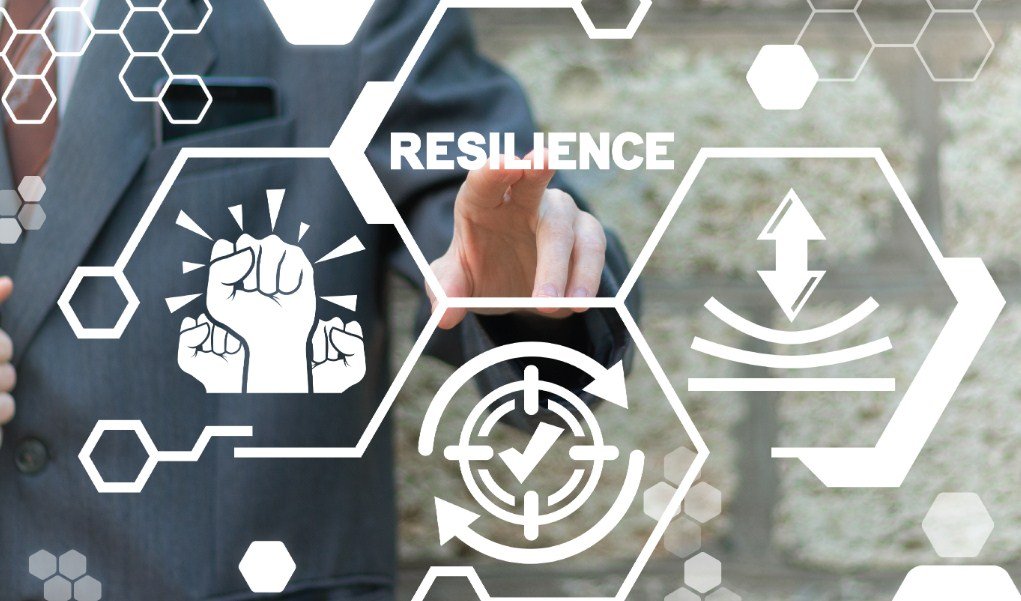The world is changing faster than ever, and organisations need to adapt and innovate to survive and thrive. Resilience, the ability to navigate through crises and recover from disruptions, has become a key strategic priority for business leaders. A recent survey by PSI, a global professional services firm, reveals how organisations are developing and implementing resilience programmes to cope with the challenges of the 21st century.
PSI Survey: Resilience is a top priority for organisations
PSI conducted a survey of 1,500 business leaders from various sectors and regions, to understand how they are approaching resilience in their organisations. The survey results show that:
- 88% of respondents said resilience is one of their most important organisational priorities
- 72% of respondents said they have a formal resilience programme in place or are planning to establish one soon
- 68% of respondents said they have increased their investment in resilience in the past year
The survey also identified the main drivers and benefits of resilience for organisations, such as:
- Enhancing customer satisfaction and loyalty
- Improving operational efficiency and agility
- Reducing costs and risks
- Boosting innovation and growth
- Strengthening reputation and trust
PSI Survey: Resilience requires an integrated and holistic approach
The survey also revealed that resilience is not a one-off project or a single capability, but a comprehensive and continuous process that involves multiple dimensions and stakeholders. To build resilience, organisations need to:
- Align their resilience objectives and activities with their business strategy and values
- Assess and prioritise their critical assets, processes, and functions
- Identify and mitigate their potential threats and vulnerabilities
- Develop and test their response and recovery plans
- Monitor and measure their resilience performance and outcomes
- Learn and improve from their experiences and feedback
The survey also highlighted the importance of collaboration and coordination across the organisation, as well as with external partners and stakeholders, to ensure a consistent and effective resilience programme.
PSI Survey: Resilience challenges and opportunities for organisations
The survey also explored the main challenges and opportunities that organisations face in building resilience. Some of the key findings include:
- The Covid-19 pandemic, cyberattacks, and supply chain disruptions are the most common and impactful disruptions that organisations have faced in the past two years
- The climate crisis, geopolitical instability, and technological innovation are the most anticipated and uncertain disruptions that organisations expect to face in the future
- The lack of skills, resources, and data are the most significant barriers that organisations encounter in establishing and executing their resilience programme
- The adoption of digital technologies, the engagement of employees and customers, and the alignment with sustainability goals are the most promising enablers that organisations leverage to enhance their resilience
The survey also provided insights and recommendations on how organisations can overcome their challenges and seize their opportunities, such as:
- Investing in upskilling and reskilling their workforce and leaders
- Adopting a data-driven and agile approach to decision making and action taking
- Embracing a culture of innovation and learning
- Partnering with other organisations and stakeholders to share best practices and resources
- Aligning their resilience programme with the UN Sustainable Development Goals and the ESG (environmental, social, and governance) criteria
Conclusion: Resilience is the key to success in the era of constant disruption
The PSI survey demonstrates that resilience is not only a necessity, but also a competitive advantage for organisations in the current and future business environment. By adopting an integrated and holistic approach to resilience, organisations can not only survive, but also thrive in the face of constant disruption. Resilience is the key to success in the era of constant disruption.

